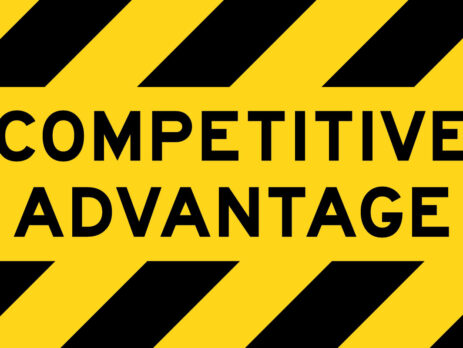How One Founder Beat Billion-Dollar Competitors by Doing Less
Most business owners assume that bigger is better. More products. More customers. More markets.
Adam Rossi took the opposite approach. By going narrower and serving just one group of customers with one set of critical problems, he outperformed billion-dollar competitors like Lockheed Martin.
It wasn’t because he had more resources or a better-known brand. He simply knew his customer better.
Rossi focused exclusively on law enforcement and intelligence agencies. His team built software that helped break encrypted messages, perform facial recognition on surveillance images, and deliver intelligence to field agents, including those in active combat zones. Some of his engineers were even forward-deployed in Iraq and Afghanistan.
While larger firms offered general-purpose solutions, Rossi went deep on one urgent, high-value problem: helping law enforcement and intelligence agencies process and act on massive amounts of complex data in real time. He solved it better than anyone else.
That focus created Monopoly Control—a key driver of company value. Monopoly Control means owning a defensible position in the market. It’s what gives your company a competitive moat. According to data from Value Builder Analytics, companies with a monopoly are 40% more likely to receive an acquisition offer for their business.
Rossi’s moat came from specialization.
His company had the trust, domain expertise, and government clearances needed to operate in national security environments. These weren’t easy to replicate, and that’s what made his company so valuable.
He wasn’t just another software vendor. He was the vendor for a specific, high-stakes problem law enforcement was facing and that few others were qualified to solve.
That kind of positioning attracts acquirers, and in Rossi’s case, it did.
When he casually floated a sale price he assumed was too high, he received five offers at or above it. No structured process. No aggressive auction. Just a company so well positioned that buyers were willing to pay a premium, including one that ultimately offered a 100% cash deal with no earnout.
Takeaway
If you want to build a more valuable company, don’t try to do everything.
Pick one segment. One pain point. One problem that really matters. Solve it better than anyone else, and build your moat around it.
That’s how Adam Rossi beat billion-dollar competitors and why his company became irresistible when it mattered most.

